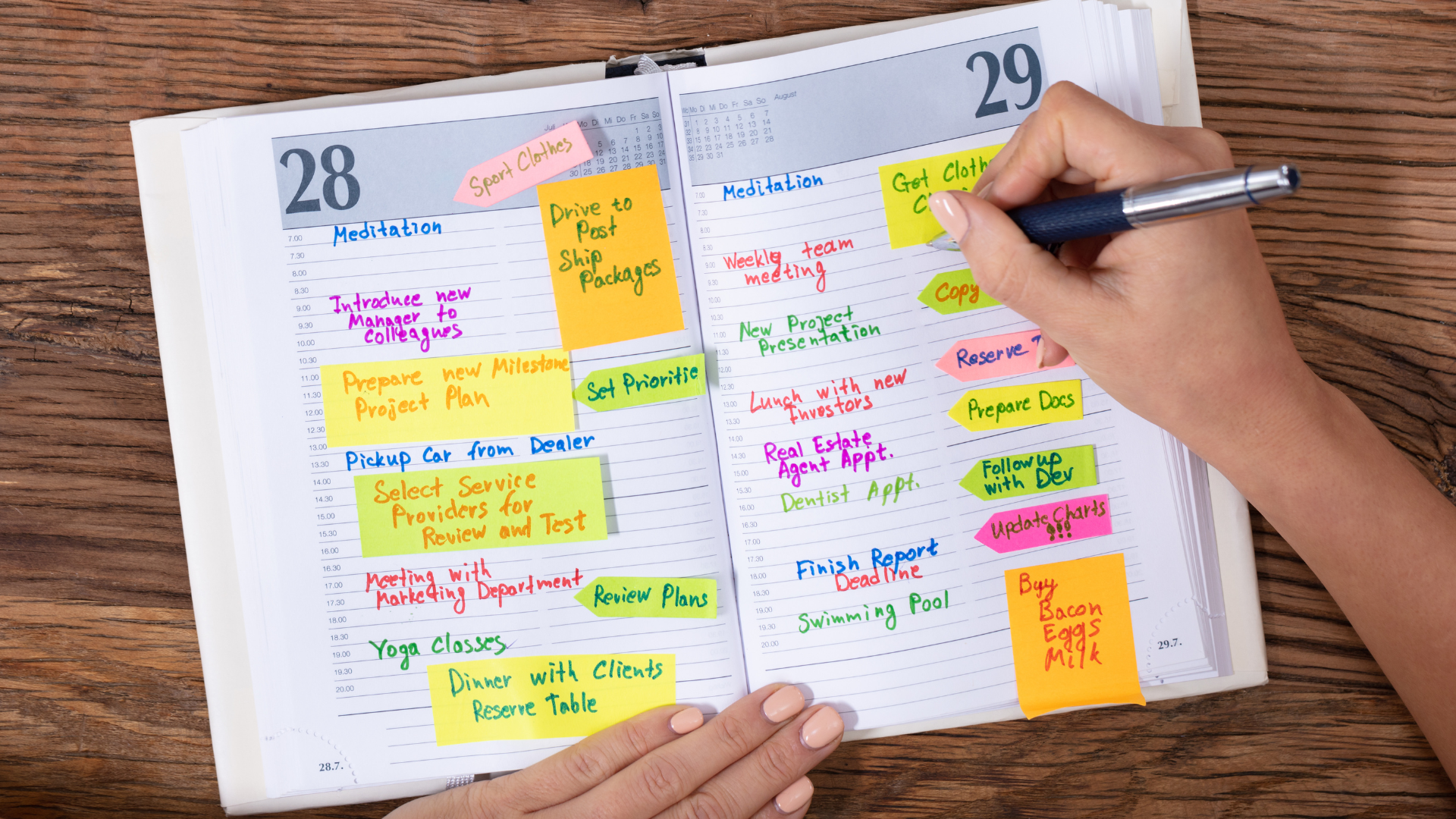Coping with Stress: Simple Techniques for HHAs and CNAs
Caregiving is a career filled with meaning, but it can also bring stress. Long hours, physical demands, and the emotional weight of caring for others can take a toll over time. For Home Health Aides (HHAs) and Certified Nursing Assistants (CNAs), learning healthy ways to manage stress isn’t just helpful—it’s necessary for long-term success. At Fordham Institute Inc., we believe caring for yourself is part of being a great caregiver. Here are a few simple techniques you can use to reduce stress and protect your well-being every day.
1. Breathe with Intention
When stress hits, your body often tenses up. Take 3–5 slow, deep breaths, focusing on each inhale and exhale. This signals your nervous system to calm down and helps you reset in the moment.
2. Move Your Body
Even short bursts of movement can release stress and improve your mood. Try:
- A quick walk on break
- Gentle stretching between tasks
- Rolling your shoulders and neck to release tension
Small movements add up to big relief.
3. Stay Hydrated and Nourished
Skipping meals or relying on caffeine can make stress worse. Carry a reusable water bottle and keep simple snacks—like fruit, nuts, or granola bars—on hand. Balanced nutrition helps stabilize your energy and mood.
4. Write It Out
Journaling doesn’t have to be long or fancy. Just jotting down a few lines about your day or your feelings can lighten your emotional load. Writing gives you perspective and helps release what you’re holding inside.
5. Create a Mini “End of Shift” Routine
Stress often lingers after work. Build a short ritual to mark the end of your day:
- Listen to calming music on your commute
- Change clothes and take a shower
- Make tea or read for 10 minutes before bed
This helps your body and mind switch from “work mode” to “rest mode.”
6. Reach Out for Support
You don’t have to carry stress alone. Talking with a coworker, family member, or friend can make challenges feel lighter. Sometimes, just being heard is enough to reduce tension.
Care for Yourself, Care Better for Others
Stress is part of caregiving, but it doesn’t have to control you. By practicing simple techniques daily, you’ll protect your health, build resilience, and continue providing excellent care to those who depend on you.
📞 Ready to begin your healthcare journey? Call 718-480-1804
Because when caregivers take care of themselves, everyone benefits.





